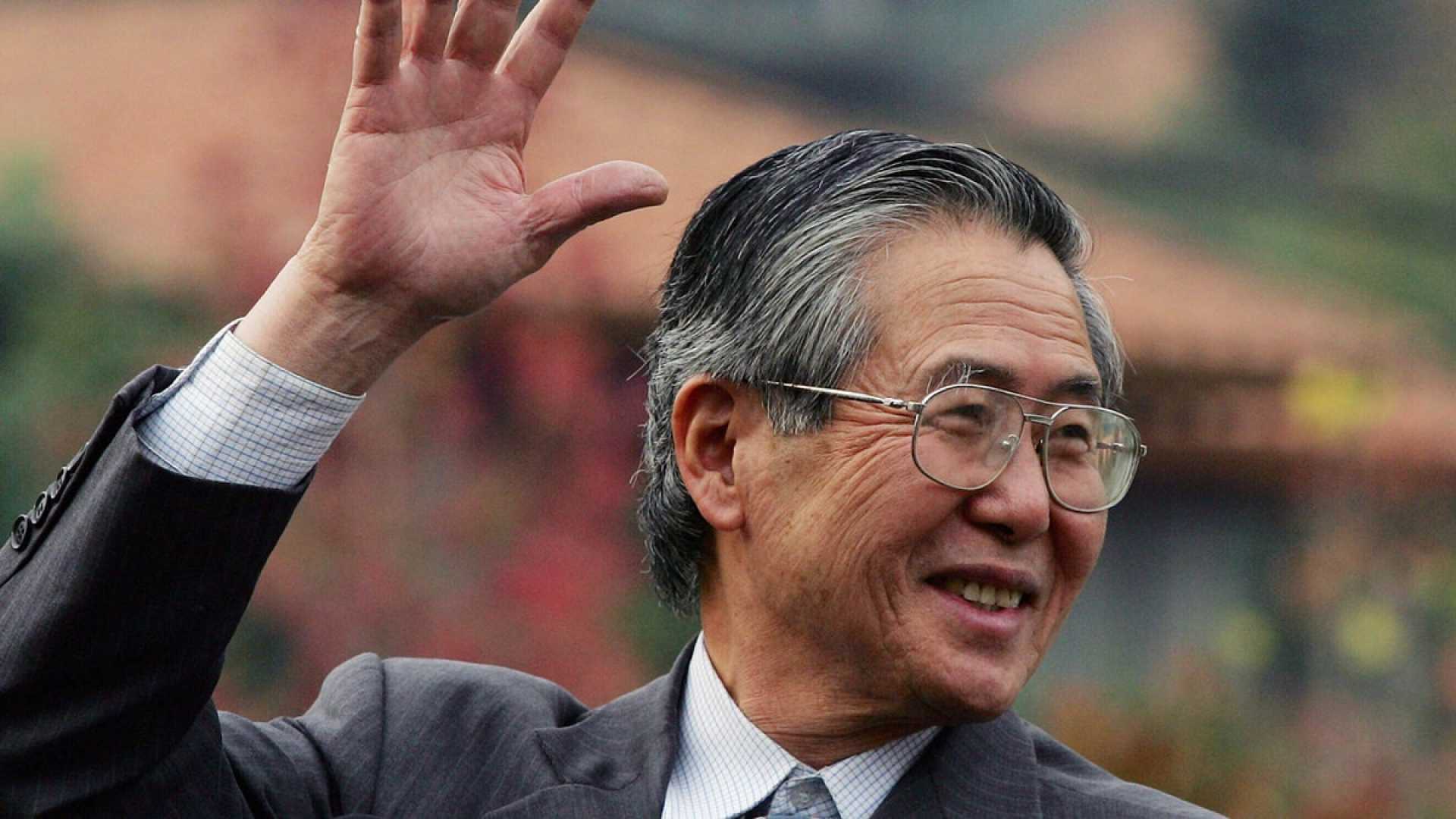World
Former Peruvian President Alberto Fujimori Dies at 86

LIMA, Peru (AP) — Alberto Fujimori, whose presidency over a decade was marked by significant accomplishments in stabilizing Peru’s economy and defeating an insurgency, has died at the age of 86. His tenure, however, ended in controversy with accusations of corruption and human rights abuses leading to his incarceration.
His daughter, Keiko Fujimori, announced his death on Wednesday in the capital through a post on X. Fujimori had governed Peru from 1990 to 2000 with a progressively authoritarian leadership style, though his political career was later overshadowed by his convictions associated with corruption and the murders of 25 individuals.
Fujimori, initially an outsider in Peruvian politics and a former mathematics professor, rose to prominence by capitalizing on the public’s dissatisfaction with the then-conventional political landscape, securing the presidency in 1990. His economic reforms included privatizing state industries, which, along with granting broad authority to Peru’s security forces against guerrilla groups like the Shining Path, garnered significant public support.
Despite initial successes, his presidency was ultimately discredited. Fujimori’s political downfall began after an unauthorized third term and allegations of bribery, leading to his resignation via fax from Japan in 2000. His attempt to return to politics ended with his arrest in Chile and extradition to Peru, culminating in a trial for human rights violations—marking him as the first former leader globally to be tried and convicted in his country for such crimes.
Even while serving a 25-year sentence, Fujimori sought political redemption from a prison facility outside Lima. His daughter, Keiko, has consistently attempted to revive the family legacy, running unsuccessfully for the presidency in 2011, 2016, and 2021. Fujimori is survived by his four children, including Keiko and Kenji, who once served in congress.
Born to Japanese immigrant parents on July 28, 1938, Fujimori rose from humble beginnings in Lima to become a key figure in Peru and Latin America. Although his economic strategies were pivotal, his authoritative practices and legacy of human rights concerns leave a complex and divisive mark on the country.












